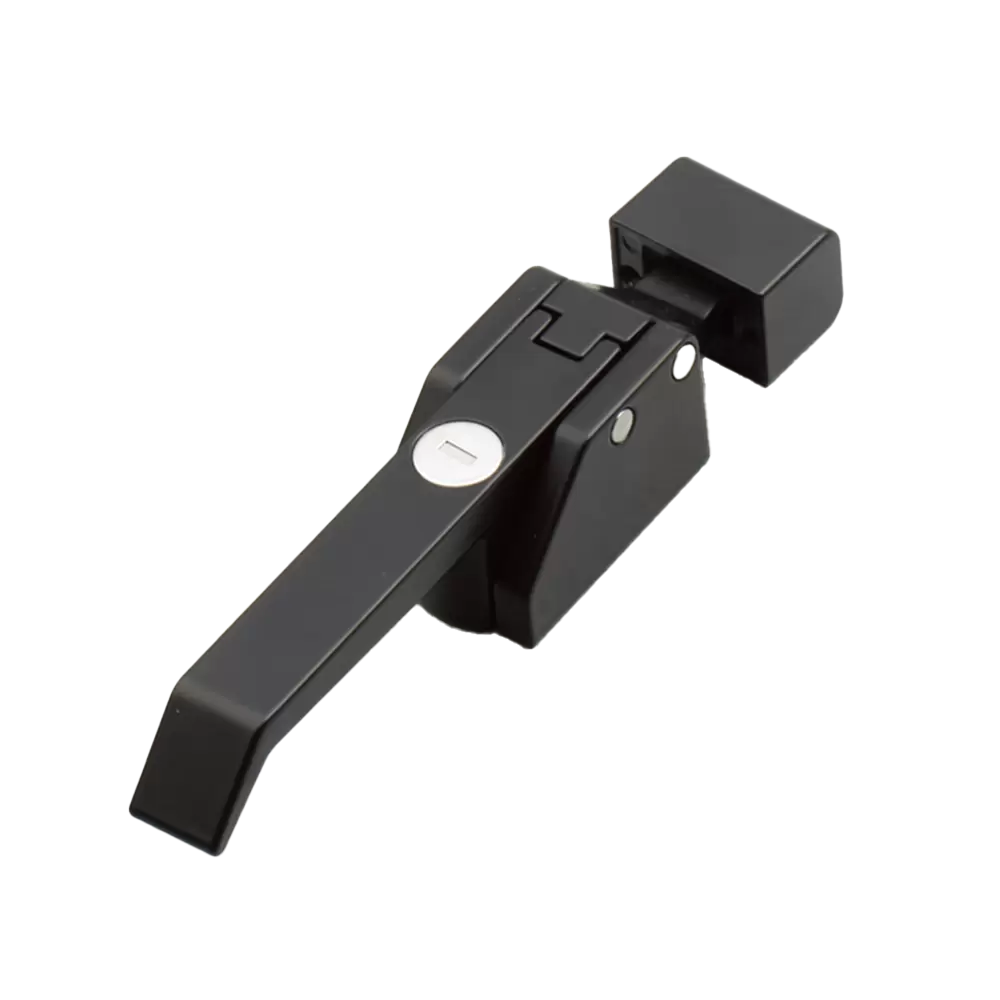In the world of industrial engineering, where complex machinery and heavy-duty equipment are central to operations, safety and efficiency are of utmost importance. Whether it's a construction site, a manufacturing plant, or a mining operation, ensuring that equipment and machines operate smoothly and securely is critical to both worker safety and operational productivity. One technology that has significantly contributed to improving both safety and efficiency is industrial lock control. This article Shengjiu delves into the applications of industrial lock control in the engineering machinery sector.
What is Industrial Lock Control?

Industrial lock control refers to the mechanisms and systems designed to secure industrial machinery and equipment by restricting or controlling access to critical parts of the machine or its functions. These lock control systems are typically used in the form of physical locks, digital controls, or a combination of both, and their main purpose is to prevent unauthorized access, ensure safe operation, and provide a reliable means of controlling the machinery during operation or maintenance.
In industrial settings, where heavy equipment is regularly used, industrial lock control ensures that machines cannot be operated without the proper authorization or under unsafe conditions. These systems may prevent machinery from starting or allow only certain individuals to access specific parts of the equipment, preventing accidents and ensuring maintenance or repair work is conducted safely.
Applications of Industrial Lock Control in Engineering Machinery
Industrial lock control systems are used across various sectors, with engineering machinery being one of the most important applications. These systems are integrated into different types of heavy machinery, including cranes, bulldozers, excavators, and forklifts, to enhance security, prevent accidents, and ensure operational efficiency.
1. Construction Machinery
Construction sites are among the most dangerous work environments, and it is essential that machinery is used safely and securely. Construction equipment, such as bulldozers, backhoes, and cranes, is typically equipped with industrial lock control systems to ensure that only qualified operators have access to the machine. For example, a micro lock control system might restrict the start-up of a bulldozer until the correct credentials, such as an electronic access card, are presented. Additionally, industrial lock control can prevent the machinery from operating in unsafe conditions, such as when maintenance is being performed, reducing the risk of accidents during these activities.
2. Agricultural Machinery
In the agricultural industry, machinery like tractors, harvesters, and irrigation systems are often left unattended in large fields. Industrial lock control systems help secure these machines from unauthorized use, ensuring that only authorized personnel can operate or service the equipment. For instance, some tractors may include a lockout system that prevents the engine from being started unless the correct key or access code is used, thus preventing theft and unauthorized use. These lock systems can also be integrated with other safety features, such as automatic shut-off during maintenance or when certain operational thresholds are met.
3. Mining Equipment
Mining operations, which often involve complex and large-scale machinery like excavators, drills, and trucks, rely heavily on industrial lock control to enhance safety. Mining equipment is subjected to extreme conditions, and ensuring that only qualified personnel can access and operate these machines is crucial for preventing accidents. For example, industrial lock control can prevent unauthorized individuals from starting machinery during non-working hours or prevent the operation of equipment in dangerous conditions, such as when ventilation is insufficient or when hazardous materials are present.
4. Manufacturing and Warehouse Equipment
In manufacturing facilities and warehouses, industrial lock control is used to prevent unauthorized access to production machinery, assembly lines, and robotic systems. By integrating lockout/tagout systems, workers ensure that the machinery cannot be restarted until the necessary safety checks are performed. In automated warehouses, where robots and conveyors handle a majority of tasks, remote industrial lock control systems allow operators to lock or unlock systems as necessary, ensuring smooth operations without compromising safety.
In today's industrial landscape, where heavy machinery is essential for business operations, industrial lock control systems are a critical component for ensuring safety, security, and efficiency. Whether in construction, agriculture, mining, or manufacturing, these systems help safeguard valuable assets, reduce the risk of accidents, and enhance overall productivity. The diverse range of lock control mechanisms—from mechanical locks to advanced electronic systems—ensures that industrial machinery operates securely and efficiently, meeting the demands of modern operations while safeguarding workers and equipment. With the increasing complexity of machinery and the growing emphasis on safety and operational effectiveness, industrial lock control systems will continue to be integral to the success of industries that rely on heavy machinery.






